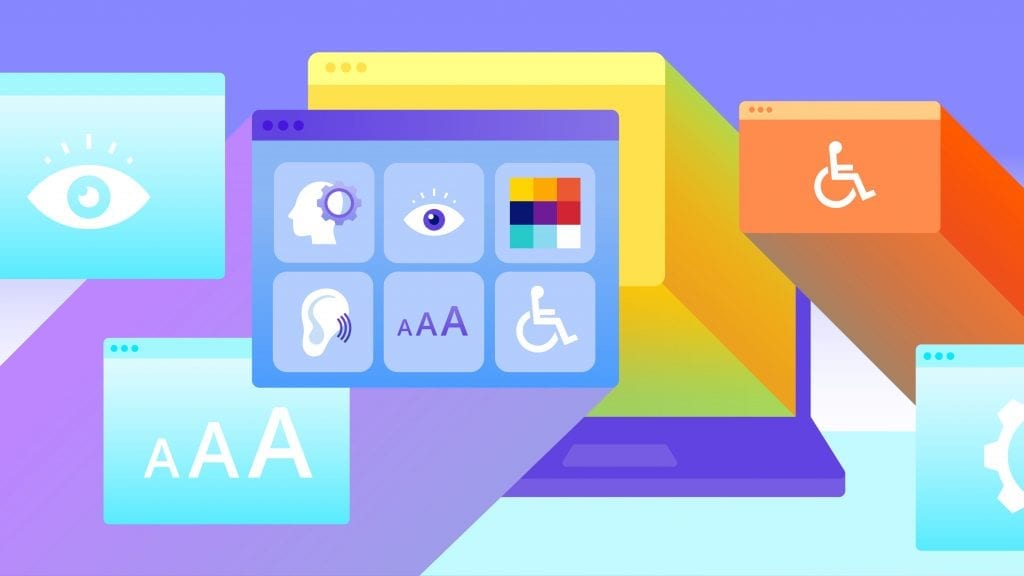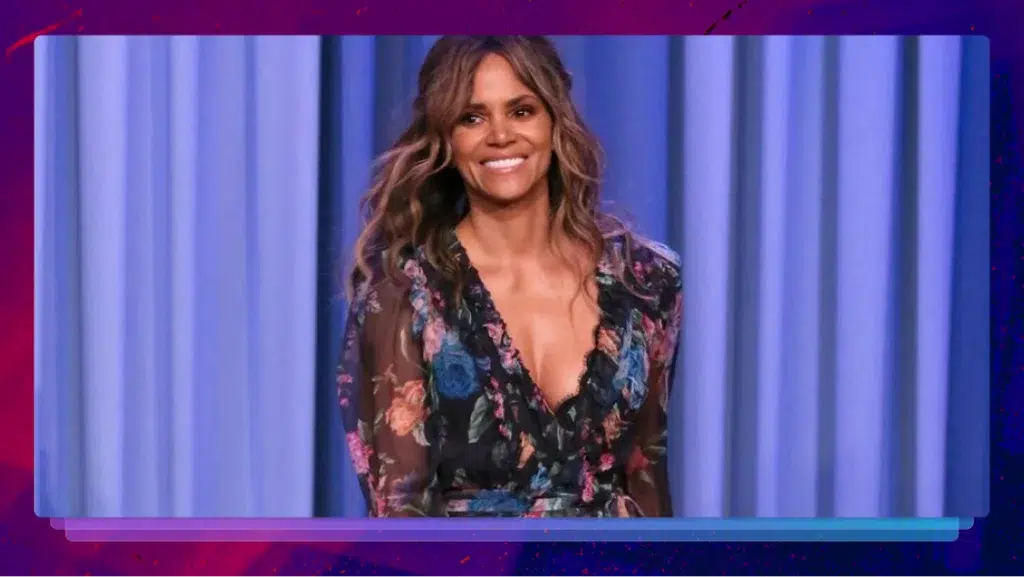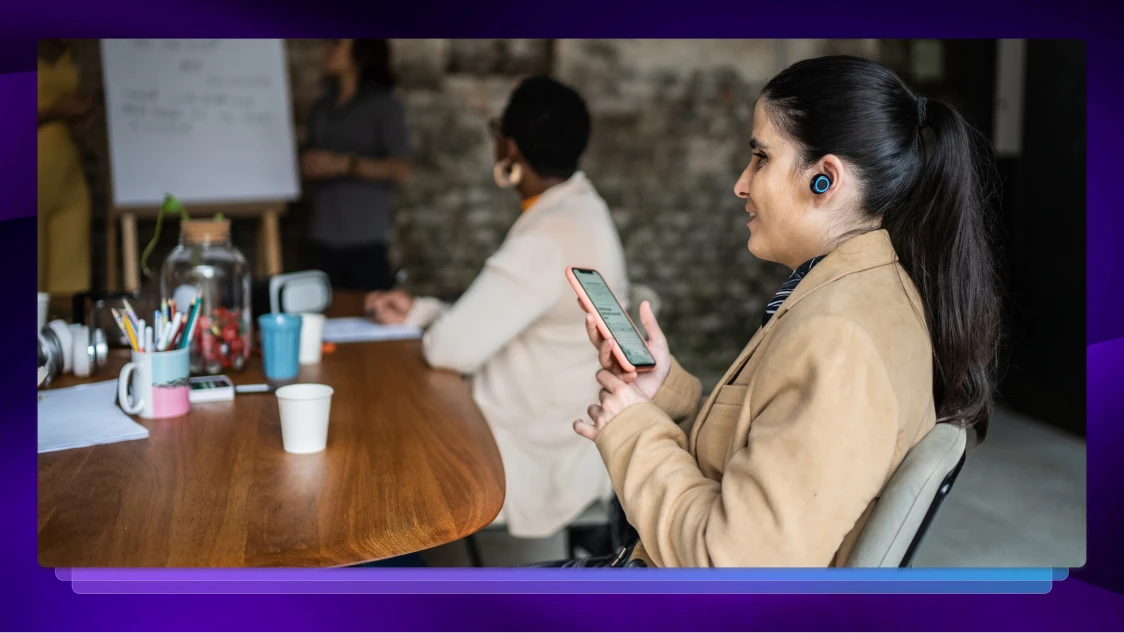ADA Website Compliance Lawsuits & Settlements: Examples of Cases to Know
Learn about high profile ADA website compliance lawsuits & settlements in the education, tech & entertainment industries. Also how to avoid legal trouble.

Accessibility is an important part of running your business and your website.
It’s essential to ensure that your business’ website and web content is accessible to all customers, regardless of disabilities. In 1990, the Americans with Disabilities Act (ADA) became law, making this both a moral and legal requirement. Historically, brands have worried most about making sure that physical access to their brick-and-mortar storefront, but website accessibility is more of a priority than ever before.
Websites now act as the central hub of a business. Customers do everything on your site from researching operational hours to making purchases. As a result, you must ensure that your site is accessible or face potential fines and penalties.
Not sure if you’re at risk? Let’s take a look at several examples of groundbreaking ADA website compliance lawsuits.
Education Industry Web Accessibility Lawsuits & Settlements
Websites for educational organizations are crucial for accessibility. Potential and current students can apply for admission, pay fees, register for classes, submit homework, and much more. The lawsuit filed against Harvard University was so prominent for this reason.
National Association of the Deaf v. Harvard
In 2015, four deaf and hard of hearing students partnered up with the National Association of the Deaf (NAD) to file two class action lawsuits against MIT and Harvard University. These federal lawsuits stated that the schools didn’t caption online content, including massive open online courses (MOOCs). They claimed that because of this, the schools were discriminating against hard of hearing and deaf people. The plaintiffs asserted that Title III of the ADA, Section 504 of the Rehabilitation Act was violated.
This video and audio content was all free and made available to the general public to use, but inaccessible to those with hearing limitations.
While the universities tried to dismiss the cases originally, in 2019 the plaintiffs and Harvard reached an agreement. The settlement required the University to add high-quality captions or transcripts to all of the video and audio content available publicly online. This includes videos that are live-streamed and content on third-party platforms like YouTube. Harvard also was responsible for the Class Counsel’s motion for $1,575,000 in attorneys’ costs and fees.
Tech Industry Web Accessibility Lawsuits & Settlements
The tech industry has an expectation of leveraging groundbreaking tools to best serve their customers. When accessibility is restricted, people take notice. There were two big ADA website lawsuits that recently impacted tech companies.
National Association of the Deaf v. Netflix
The National Association of the Deaf stepped up to bat again in the 2012 lawsuit against the online television and movie streaming giant Netflix. This case was particularly notable, as it was one of the first that established that accessibility should include not only physical businesses but online properties, too.
They asserted that Netflix violated the ADA by failing to provide equal access to its “Watch Instantly” streaming content, as there had previously been a “refusal” by the streaming company to provide closed captions. They filed the lawsuit, claiming a violation of Title III of the ADA.
In late 2012, Netflix and the NAD reached a settlement agreement. Netflix would provide closed captions to 100% of their online streaming content within a two-year period. They also had to pay $755,000 in attorney fees and costs, which included fees to monitor the decree.
Access Living v. Uber
Uber is a commonly-used ridesharing app that’s touted for convenience by many users. This wasn’t the case for some users who relied on motorized wheelchairs, so Access Living teamed up with three individual wheelchair users to file a lawsuit against Uber.
In 2018, they claimed that the ADA required Uber to provide service access to wheelchair users.
Uber originally fought back, arguing that they weren’t responsible because they were only a software development company that was responsible for the app itself. They claimed that because it didn’t own the vehicles used to transport passengers and the ADA only regulates the purchase of certain types of vehicles that they couldn’t be in violation.
The court disagreed, asserting that Uber’s business activities like controlling the cost, driver qualifications, and vehicles used by contractors could qualify the company as a transportation company. They held Uber accountable for upholding the ADA.
Entertainment Industry Web Accessibility Lawsuits & Settlements
The entertainment industry is one that we all turn to for relaxation and leisure. ADA lawsuits in the entertainment industry commonly involve violations of accessibility for those who are hard of hearing or those who are visually impaired.
Conner v. Parkwood (Beyonce Case)
It’s hard to imagine anyone going up against the Queen herself, but in 2019, a blind woman named Mary Conner sued Beyonce’s company Parkwood Entertainment. She did so on the assertion that the company’s website failed to follow the ADA’s requirement to accommodate visually impaired users.
Conner filed the suit after being unable to use the website to purchase tickets to one of the singer’s concerts. She claimed that the site neglected to include alt-text with the images on the site, rendering it unusable as visually impaired users wouldn’t be able to browse the site or even make purchases.
Restaurant Industry Web Accessibility Lawsuits & Settlements
Some people with disabilities may sometimes struggle with the effort of making complex meals, making accessible restaurants and delivery particularly important. There were two prominent ADA website compliant lawsuits to take note of in the restaurant industry.
Robles v. Domino’s
Domino’s had one of the most famous ADA compliance lawsuits within the past few years.
Guillermo Robles, who is legally blind, sued the multi-million dollar chain when he was unable to order a pizza online after trying both the desktop site and the mobile app despite using screen-reading software. Robles’ attorneys argued that the business’s online presence should be just as accessible as physical locations for their client. The court ruled in favor of Robles, requiring that Domino’s uphold the Website Content Accessibility Guidelines (WCAG). You can learn more about these guidelines here.
Domino’s is currently waiting to appeal the decision in trial.
Antoninetti v. Chipotle
In 2005, Maurizio Antoninetti filed an ADA lawsuit against Chipotle. He stated that there was a 45-inch barrier at the restaurant that blocked his view of the counter. This prevented him from seeing the food options laid out in front of him. He claimed that it impacted his ability to choose food and watch his meal preparation.
Chipotle argued that their accommodations were reasonable and that they would bring wheelchair users spoons of their chosen items before preparation to ensure it was what they wanted.
A federal appeals court in San Francisco ordered removal of the barrier. Chipotle later retrofitted their restaurants with new counters that were accessible to wheelchair users. They also had to pay part of the attorneys’ fees and administrative costs.
How to Protect Your Business from ADA Website Compliance Lawsuits
ADA lawsuits have increased in the past few years, and they’ll likely continue to do so. According to UsableNet’s 2019 ADA Website and App Accessibility Lawsuit Report, federally-filed ADA suits were occurring at the rate of one suit for every working hour.
It’s essential to be proactive, ensuring that your site is ADA compliant even if you haven’t received any complaints yet. Go through your site, and check for these commonly-broken ADA regulations:
- Use alt text for all images so screen readers can easily navigate a site
- Ensure that users can navigate a site without a keyboard if needed
- Include closed captions and/or transcripts on all video and audio content
Pro tip: You can order closed captions, foreign subtitles, and transcription services from Rev.com which can save you from lawsuits & legal issues.
- Check that the color contract of your site background and text is strong enough that it can be easily read
- Create forms that are accessible for screen-readers and that are easy to navigate
One of the most common errors that businesses make is neglecting to include closed captions or transcripts for video or audio content. This prevents users who are deaf or hard of hearing from being able to fully interact with your content.
Businesses often make this mistake because they worry that captions or transcripts will be time-consuming or expensive to create. Fortunately, Rev.com can help you here. Our transcription services are affordable and can offer fast-turnarounds on transcripts, captions, and subtitles that will ensure you’re staying ADA compliant.
Maintaining ADA compliance is essential for businesses of all sizes. It ensures that you’re connecting with every potential customer. It also keeps you out of the court system, which could cost fines, penalties, and hefty attorney fees. This is something that every business owner should take seriously.
Is your website ADA Compliant? Learn more about how Rev.com can help you keep every video and audio file accessible to disabled individuals who are deaf or hard of hearing here.















